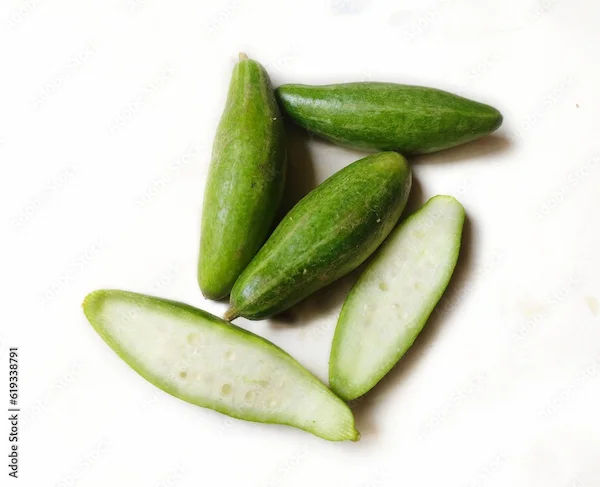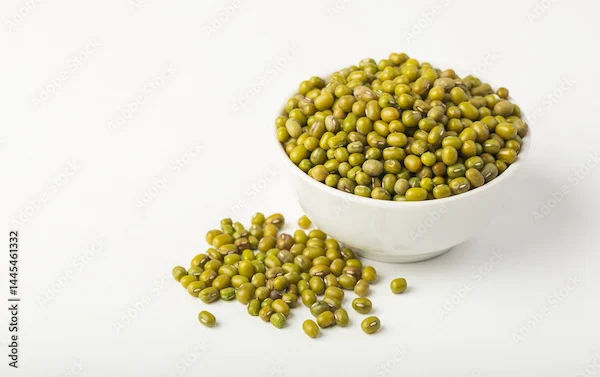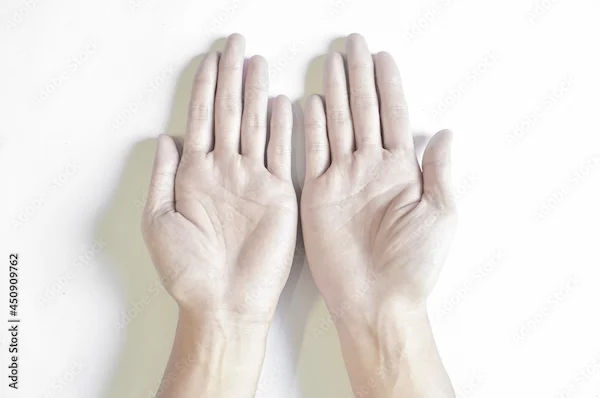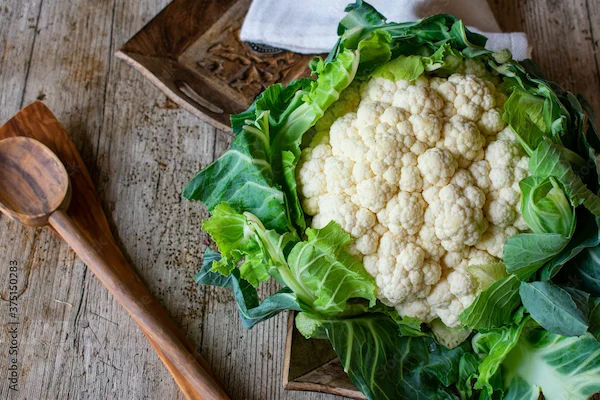Parwal (Pointed Gourd) Benefits
Discover the numerous health benefits of Parwal (pointed gourd), a low-calorie, nutrient-rich vegetable that aids digestion, boosts immunity, supports heart health, and more. Learn how to include it in your diet.

Written by Dr. Sonia Bhatt
Last updated on 3rd Jul, 2025

Introduction
When it comes to healthy eating, vegetables play a vital role in keeping us fit and nourished. One such underrated yet highly nutritious vegetable is parwal, pointed gourd or Trichosanthes dioica. Commonly found in India, Bangladesh, and other South Asian countries, parwal is a green, slightly ribbed vegetable with a mild, slightly sweet flavour. It is widely used in Indian households to prepare curries, stir-fries, and stuffed dishes.
Beyond its culinary appeal, parwal is packed with essential nutrients like vitamins A, C, B-complex, calcium, magnesium, and fibre. Its health-boosting properties make it a smart addition to a balanced, wholesome diet. Let’s explore why parwal deserves a regular place on your plate.
Nutritional Value of Parwal
Parwal is low in calories but high in essential nutrients, including:
Vitamins: Contains vitamin A, vitamin C, and B-complex vitamins (B1, B2, B3), which support immunity, skin health, and energy metabolism.
Minerals: Provides calcium, iron, potassium, and magnesium, essential for bone strength, blood health, and muscle function.
Fibre: Promotes healthy digestion and helps maintain regular bowel movements.
Antioxidants: Helps protect the body from oxidative stress and cellular damage.
Consult Top Specialists for Personalised Usage Tips
Health Benefits of Parwal
Parwal offers a range of health benefits, making it a valuable addition to your daily diet:
1. Aids Digestion & Gut Health
Parwal is rich in dietary fibre, which helps regulate bowel movements and prevents constipation. It also promotes the growth of healthy gut bacteria, improving overall digestion.
2. Boosts Immunity
With a good amount of Vitamin C, parwal strengthens the immune system, helping the body fight infections like colds and flu.
3. Supports Heart Health
The potassium in parwal helps regulate blood pressure by balancing sodium levels in the body. Its fibre content also helps lower bad cholesterol (LDL), reducing the risk of heart disease.
4. Helps in Weight Management
Since parwal is low in calories and high in fibre, it keeps you full for longer, reducing unnecessary cravings and aiding in weight loss.
5. Good for Diabetics
Parwal has a low glycemic index, meaning it doesn’t cause sudden spikes in blood sugar levels. Its fibre content also helps slow glucose absorption, making it a great choice for people with diabetes.
6. Improves Skin & Hair Health
The vitamins A and C in parwal promote healthy skin by fighting oxidative damage and keeping it glowing. It also strengthens hair follicles, reducing hair fall.
7. Strengthens Bones
Parwal contains calcium and magnesium, essential minerals for bone health. Regular consumption can help prevent osteoporosis and maintain strong bones.
8. Detoxifies the Body
Parwal acts as a natural diuretic, helping flush out toxins from the body and improving kidney function.
How to Include Parwal in Your Diet?
Parwal is a versatile vegetable that can be cooked in multiple ways:
Stuffed Parwal: Filled with a mixture of spices and cooked in gravy for a rich and flavourful dish.
Parwal Curry: Combine with potatoes, tomatoes, and mild spices for a comforting, homestyle curry.
Parwal Stir-fry: Lightly sauté with garlic, cumin, and other spices for a quick and healthy side.
Parwal Soup: Boil with garlic, ginger, and herbs, then blend for a soothing and digestive-friendly soup.
Precautions & Who Should Avoid It?
While parwal is generally safe, some people should consume it with caution:
Pregnant women should eat it in moderation as excessive intake may cause digestive discomfort.
People with kidney stones should consult a doctor before consuming it regularly due to its oxalate content.
Final Thoughts
Parwal is a powerhouse of nutrients that can benefit your digestion, heart, skin, and overall health. Including it in your meals is an easy and tasty way to stay healthy. If you have any specific health concerns or dietary restrictions, it’s always best to consult a doctor or nutritionist.
For personalised dietary advice or health check-ups, you can book a consultation with Apollo24|7’s expert nutritionists.
Consult Top Dieticians
Consult Top Dieticians

Ms. Shruthi Bhargavi
Dietician
9 Years • Msc (Nutrition and Dietetics)
Hyderabad
Apollo 24|7 Clinic - Telangana, Hyderabad
Ms Malabika Datta
Dietician
19 Years • Bsc (Clinical Nutrition & Dietetics), Msc (Dietetics & Food Service Management)
Kolkata
Malabika’s Diet Clinic, Kolkata
Ms Chetu Singhi
Dietician
20 Years • MSC Dietetics & Nutrition
Kolkata
RB Diagnostic - Dietician Diet2fit Chetu Singhi, Kolkata

Ms Geetanjali Mengi
Dietician
20 Years • BSC, MSC Dietetics & Food Service Management, PG Diploma in Dietetics & Hospital Food Service
Mumbai
Geetanjali Medical Nutrition Clinic, Mumbai
Ms Ankita Das
Dietician
10 Years • M.sc.(Appiled Nutrition)
East Midnapore
Dr Sinha Dental Clinic, East Midnapore
Consult Top Specialists for Personalised Usage Tips

Ms. Shruthi Bhargavi
Dietician
9 Years • Msc (Nutrition and Dietetics)
Hyderabad
Apollo 24|7 Clinic - Telangana, Hyderabad
Ms Malabika Datta
Dietician
19 Years • Bsc (Clinical Nutrition & Dietetics), Msc (Dietetics & Food Service Management)
Kolkata
Malabika’s Diet Clinic, Kolkata
Ms Chetu Singhi
Dietician
20 Years • MSC Dietetics & Nutrition
Kolkata
RB Diagnostic - Dietician Diet2fit Chetu Singhi, Kolkata

Ms Geetanjali Mengi
Dietician
20 Years • BSC, MSC Dietetics & Food Service Management, PG Diploma in Dietetics & Hospital Food Service
Mumbai
Geetanjali Medical Nutrition Clinic, Mumbai
Ms Ankita Das
Dietician
10 Years • M.sc.(Appiled Nutrition)
East Midnapore
Dr Sinha Dental Clinic, East Midnapore




